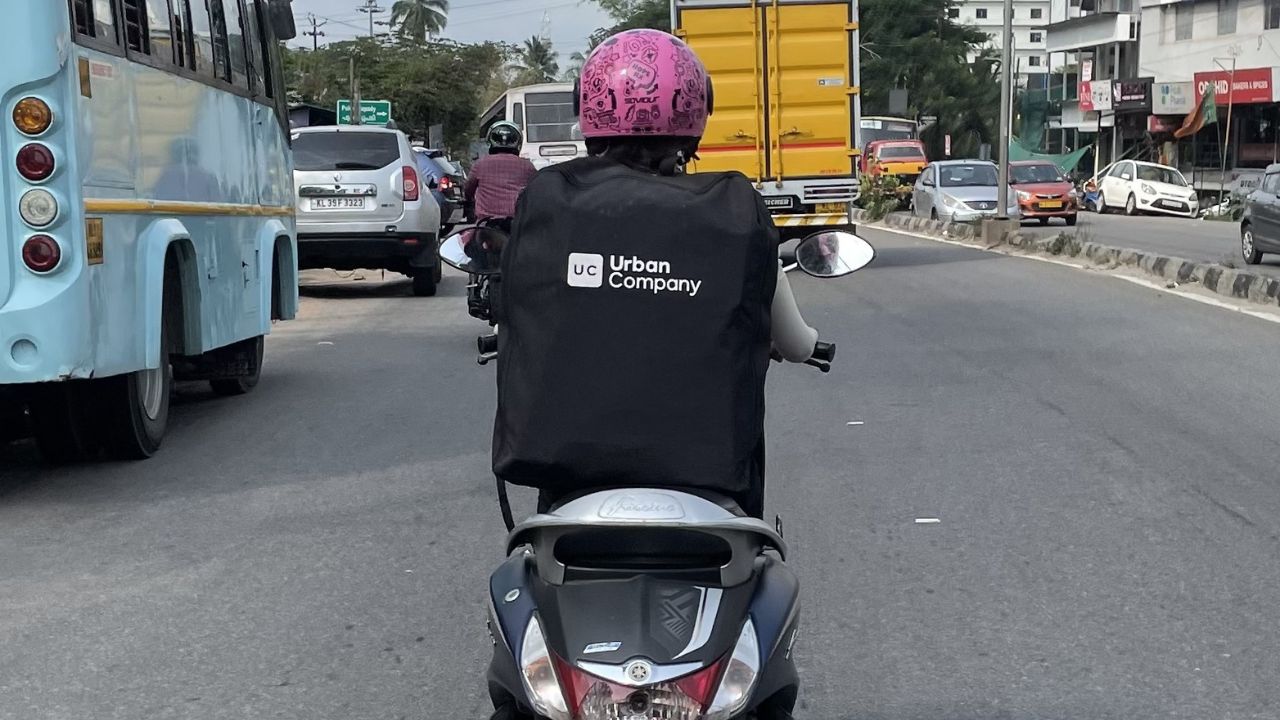During the Union Budget 2025, Finance Minister Nirmala Sitharaman announced significant measures to integrate gig and platform workers into India’s social security framework. This initiative aims to provide much-needed support to a workforce that has been instrumental in driving the new-age services economy.
A key component of this plan is the registration of gig workers on the e-Shram portal. Launched in 2021 by the Ministry of Labour and Employment, the e-Shram portal was designed to create a national database of unorganised workers. By registering, gig workers will receive identity cards, facilitating easier access to various government schemes tailored for informal workers. This move officially acknowledges gig workers as part of the employment ecosystem, providing them with a sense of inclusion and recognition.
Complementing this, the government has extended health insurance coverage under the Pradhan Mantri Jan Arogya Yojana (PM-JAY) to gig workers. PM-JAY is the world’s largest health assurance scheme, offering ₹5 lakh per family per year for secondary and tertiary care hospitalisation. This inclusion ensures that gig workers have a financial cushion against significant healthcare expenditures, addressing a critical vulnerability in their current working conditions.
Industry leaders have lauded these announcements. Balasubramanian A, Senior VP and Business Head at TeamLease, remarked, “Collecting personal information on 1 crore gig workers in India, providing them with an ID card on the e-Shram portal and thereby enabling coverage through the Jan Arogya Scheme is a long-awaited step in the right direction.” He emphasized that as employment becomes more flexible, there’s a pressing need for reforms that recognize and formalize the gig ecosystem.”
Similarly, Aadit Palicha, Co-Founder and CEO of Zepto, highlighted the significance of these measures, stating, “The introduction of social security measures for gig workers is a key highlight, acknowledging their valuable contribution to the economy.”
Rohit Kapoor, CEO of Food Marketplace at Swiggy, noted the government’s focus on various societal segments, including the youth and the poor. He affirmed Swiggy’s commitment to contributing to India’s progress, especially in areas aligning with the announced measures.
Moreover, Vivek Krishna, CFO of Rapido, described the e-Shram portal registration and PM-JAY coverage as “game-changers” that prioritize the well-being of gig workers, including their own captains.
Anirudh Arun, Co-Founder and CEO of BluSmart Fleet, emphasized the importance of these initiatives in fostering a more inclusive and equitable platform economy. He stated that this focus on social security directly benefits driver-partners, reinforcing the company’s commitment to their well-being and professional growth.
Additionally, Madhav Krishna, CEO and Founder of Vahan.ai, commended the government’s allocation of funds for healthcare benefits under PM-JAY to about 1 crore gig workers. He noted that while the Code of Social Security was introduced in 2020, it’s encouraging to see financial allocations being made towards it. He believes that government-backed ID cards for gig workers will help formalize the profession and reduce the financial burden on e-commerce and quick commerce platforms.
Lastly, Sonal Arora, Country Manager at GI Group Holding, highlighted the broader implications of these measures. She stated that the redesign of the PM Swanidhi Scheme and the incorporation of gig workers into the e-Shram portal represent important steps toward social security and financial empowerment in the unorganized sector. By raising loan limits and offering a ₹30,000 UPI-linked credit card, the government is aiding gig workers and independent contractors in growing their businesses and adding jobs.
However, despite these positive developments, recent evaluations in October last year highlight ongoing challenges within the gig economy. The Fairwork India Ratings 2024 report, conducted by the Centre for IT and Public Policy (CITAPP) at the International Institute of Information Technology Bangalore (IIITB), assessed 11 platforms offering location-based services in sectors such as domestic and personal care, logistics, food delivery, and transportation. The study evaluated platforms against five principles: Fair Pay, Fair Conditions, Fair Contracts, Fair Management, and Fair Representation.
Notably, only Bigbasket and Urban Company were awarded the first point under Fair Pay for instituting a minimum wage policy that guaranteed all their workers earn at least the hourly local minimum wage after factoring in work-related costs. No platform earned the second point under Fair Pay, which requires platforms to commit to and ensure a local living wage after work-related costs or provide sufficient evidence that all workers earn at least this amount. Furthermore, the report found that platforms like Amazon Flex, Flipkart, Ola, Porter, and Uber were identified as underperformers, scoring low in ensuring fair working conditions for gig workers.
These findings indicate the importance of the government’s recent initiatives, as they aim to address some of the critical gaps identified in the Fairwork report.
Read More:Gig workers face exploitation, only Urban Company, bigbasket ensure minimum wage: Report
